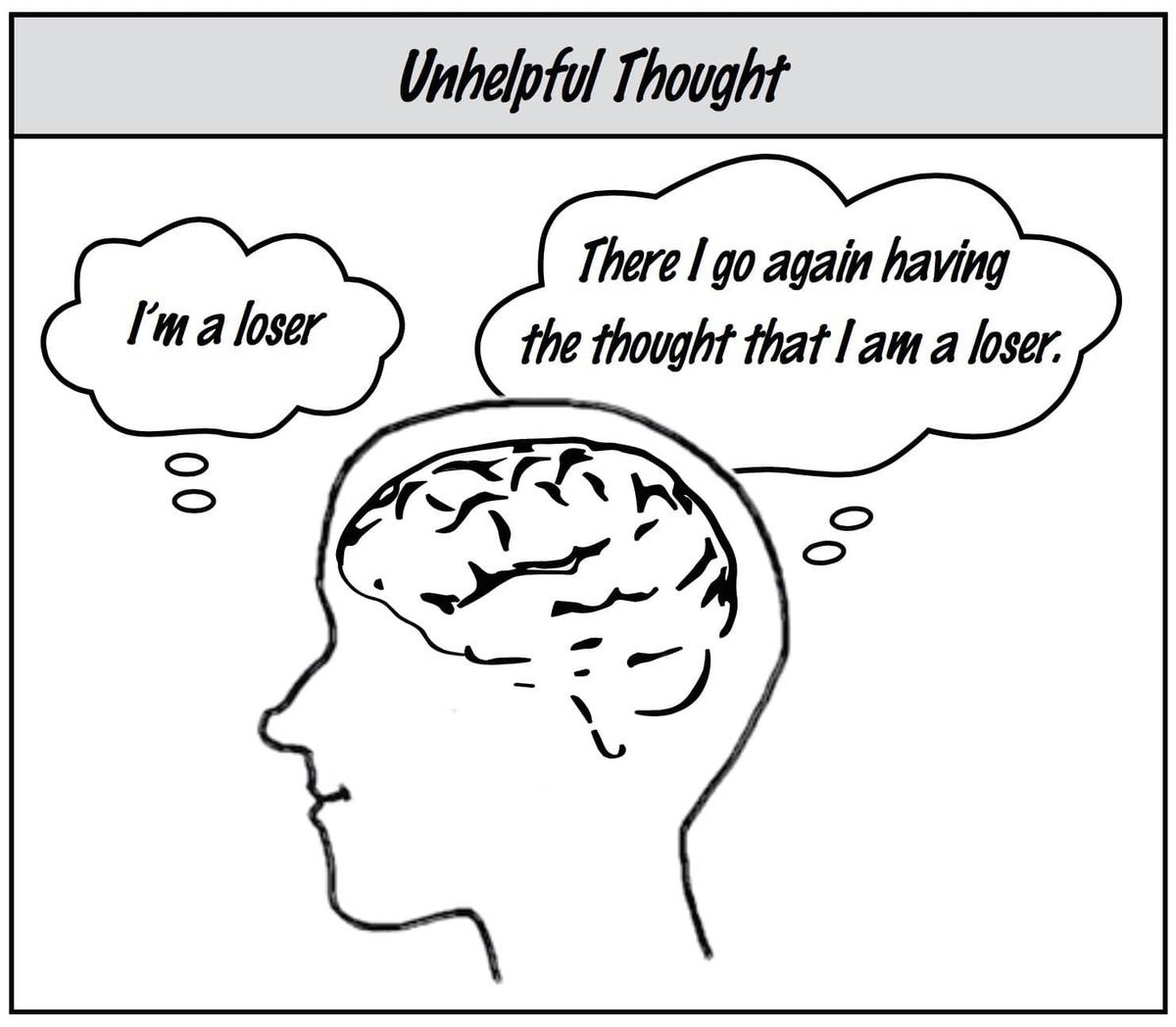


By Nebert
Avery’s Notes | My Journey through Psychotherapy
A time to acknowledge mental health as a real problem and mainstreaming therapy as a solution is now
I really don’t like talking about things that I barely have an idea about usually because i don’t like rubbing people off the wrong way or just being plain wrong. But the growing trend of mental health issues surrounding us of late has me motivated to do this piece. I will probably be off point in a few issues owing to the fact that mental health is hardly my area of competence, but i pride myself in the fact that i know a little about practically everything. `
My main worry is the fact that most Malawians are either in total denial or at the very best shy away from Psychology’s solutions to mental health problems. It should be pointed out from the beginning that Malawians share the same mental issues as the rest of the world, especially the first world; but with a much more heightened recurrence due to non-treatment and aggravating factors like prejudice, culture and poverty mainly.
The trend is that even with notable mental health issue, Malawians shy away from psychotherapy as a potential solution to depression, anxiety and other mental health related issues. What is more worrying is that even amongst the wealthy and elite there are still stigmatizing beliefs about mental health. ‘
Recently, I lost an acquaintance to suicide. His life story over the past five years isn’t one to fill you with joy. Being a regular consumer of therapy myself, I totally understood where he was coming from. But what beggared belief was that when the subject of trauma and depression was broached in the post-mortem conversations, most people dismissed it as idle talks, and instead concentrated on his alleged use of drugs as the cause. The fact that maybe his substance usage was a gate away from his demons never occurred to any of them
For me, that was an alarming conclusion to make. But I am quite not surprised as that is the general feeling amongst Malawians. The bigger issue however is that most Malawians are resistant to seek treatment for depression. For one, they fear that it may reflect badly on their families, as at best it would be an outward admission of their families ‘failures.
The biggest challenge however is in awareness. Many Malawians with mental disorders are unaware they have a diagnosable illness at all. Less so even, they aren’t aware that effective psychological treatment exists for their specific problems. There is a general but subtle taboo surrounding open discussion about mental illness.
Even in instances where once might be vaguely aware that they have a problem; there are general concerns about how effective treatment can be. Aside from occasional embarrassment from seeking treatment, the lack of knowledge and education and cultural misgivings are a key feature. Ambivalence comes about may be due apprehension of clashing worldviews of the clinician and the patient. People would often view a therapist as an older elite person who might be insensitive to their social-economic realities.
The most viable step this far is to increase awareness on disorders and treatment options. Education about mental disorders and treatment processes is critical in reducing barriers to treatment. Suggestions include public education campaigns, and open information sessions. This could include church and other religious setups.
I have personally attended therapy. For the whole of last year i was seeing two professionals and i speak with utmost experience and relative authority that therapy is a solution. When i started conventional treatment for my anxiety disorders, and what was diagnosed as mild depression, my first clinical encounter presented an opportunity to address my scepticism about the usefulness of treatment. My story to get there isn’t the most conventional because i had my misgivings, I thought it was a white people solution and my sanity was preserved by my visits to a religious leader so often. However, once I fell out of touch with my spirituality and started having question marks about Christianity, everything fell apart.
Until one day I decided to visit my physician, and as you can tell, he is very white; with my problems, before I said 5 words, he recommended me to see therapists and walked me down there himself. I am glad i went there. From the off, the therapist demystified the process to me. She was very black and not embroidered in eliticism at all. I was in control of the process of healing from the very off because she made me feel welcome and outlined the expected outcomes and potential goals to me. Without this knowledge, I would have assumed that i will encounter and base my decisions on her instructions.
That is all I have to share. I’m not big on signing off messages.
DIARY
In post-script, even though it is fashionable, it is very unfair on a mental health victim to be called selfish if it results in an unfortunate event of taking their own life. We all have varying coping mechanisms, and if people were not there for a mental health victim (believe me the signs are there), they do not have a right to call him/her selfish for leaving them in this world.